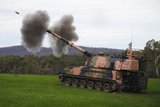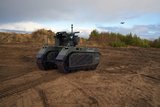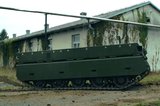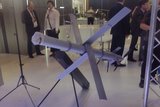VICIS has received a contract from the US Army Natick Soldier Research, Development and Engineering Center (NSRDEC) to improve combat helmets of the army and the US Marine Corps (USMC), the company announced on 22 May.
Under the contract, VICIS will research for the options to replace combat helmets' existing foam liner pads with its own liner technology derived from structures developed for its football helmets.
Combat helmets currently in use by the army and the USMC are designed primarily for ballistic protection, shielding service members from gunfire and shrapnel. VICIS' technology will improve the helmets' impact performance, which is critical to head protection for personnel.
Benjamin Fasel, a mechanical engineer at the NSRDEC and the effort's project manager, said: ‘The NSRDEC is excited to work with VICIS in the development of their suspension pad system for use in military combat helmets. VICIS has demonstrated great results in their football helmets and we look forward to continuing those types of results with the unique blunt impact requirements of combat helmets.’






















